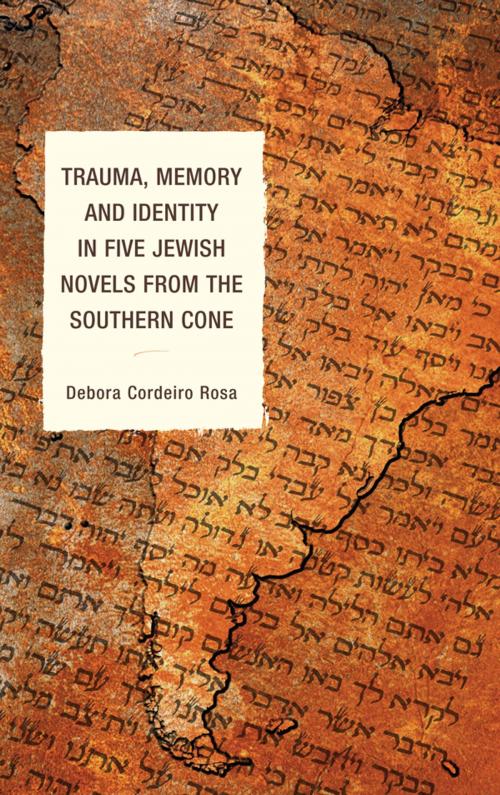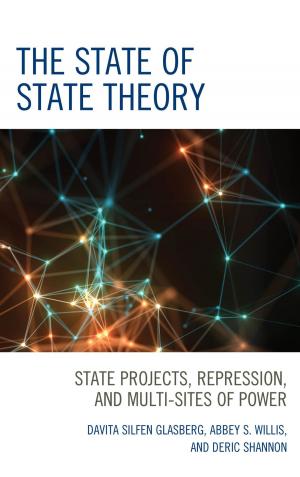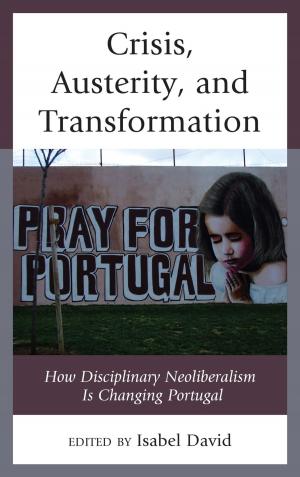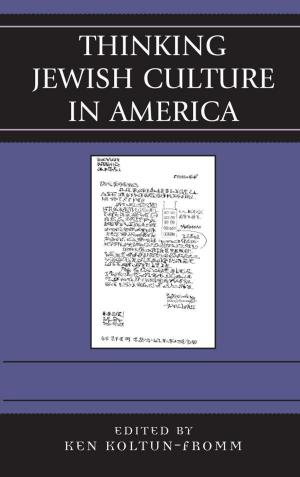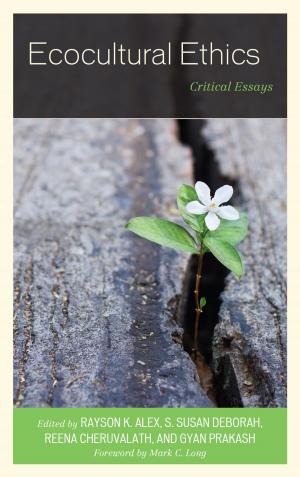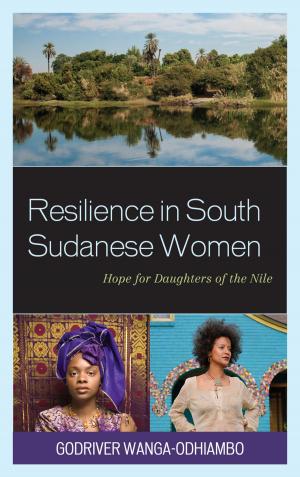Trauma, Memory and Identity in Five Jewish Novels from the Southern Cone
Fiction & Literature, Literary Theory & Criticism, Jewish, Central & South American, Nonfiction, Social & Cultural Studies, Social Science, Cultural Studies, Emigration & Immigration| Author: | Debora Cordeiro Rosa | ISBN: | 9780739172988 |
| Publisher: | Lexington Books | Publication: | April 19, 2012 |
| Imprint: | Lexington Books | Language: | English |
| Author: | Debora Cordeiro Rosa |
| ISBN: | 9780739172988 |
| Publisher: | Lexington Books |
| Publication: | April 19, 2012 |
| Imprint: | Lexington Books |
| Language: | English |
The Jewish presence in Latin America is a recent chapter in Jewish history that has produced a remarkable body of literature that gives voice to the fascinating experience of Jews in Latin American lands. This book explores the complexity of Jewish identity in Latin America through the fictional Jewish characters of five novels written by Jewish authors from the Southern Cone: Argentina, Brazil, Chile, Paraguay and Uruguay. It examines how trauma and memory have profound effects on shaping the identity of these Jewish characters who have to forge a new identity as they begin to interact with the Latin American societies of their newly adopted homes. The first three novels present stories narrated by the first generation of immigrants who arrived in Latin American lands escaping pogroms in Russia, and the increasing persecution and anti-Semitism in Europe, in the decades prior to World War II. The fourth novel analyses the identity conflicts experienced by a second generation Latin American born Jew who questions his Jewish, questions of assimilation and integration in to his society. The last novel closes this study with the existential crisis experienced by a perfectly assimilated non-religious Jew, who enquires about his Jewishness and compares himself to other Jews around him.
The Jewish presence in Latin America is a recent chapter in Jewish history that has produced a remarkable body of literature that gives voice to the fascinating experience of Jews in Latin American lands. This book explores the complexity of Jewish identity in Latin America through the fictional Jewish characters of five novels written by Jewish authors from the Southern Cone: Argentina, Brazil, Chile, Paraguay and Uruguay. It examines how trauma and memory have profound effects on shaping the identity of these Jewish characters who have to forge a new identity as they begin to interact with the Latin American societies of their newly adopted homes. The first three novels present stories narrated by the first generation of immigrants who arrived in Latin American lands escaping pogroms in Russia, and the increasing persecution and anti-Semitism in Europe, in the decades prior to World War II. The fourth novel analyses the identity conflicts experienced by a second generation Latin American born Jew who questions his Jewish, questions of assimilation and integration in to his society. The last novel closes this study with the existential crisis experienced by a perfectly assimilated non-religious Jew, who enquires about his Jewishness and compares himself to other Jews around him.
